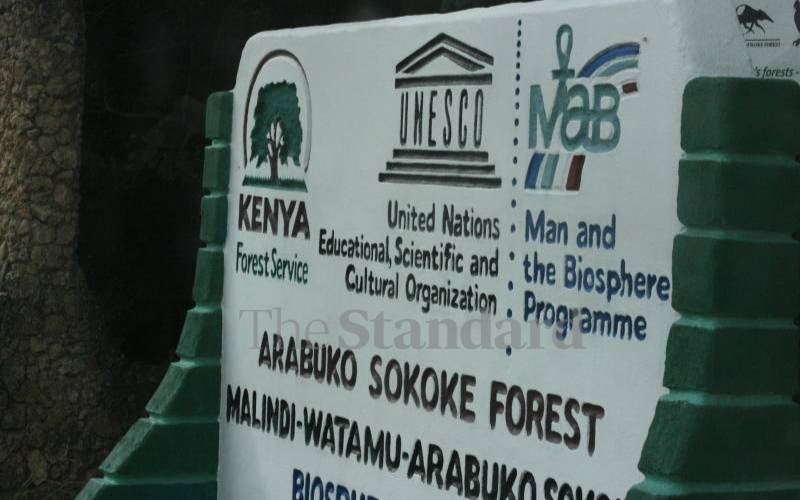
Conservation organizations have sounded a warning on dangers posed by the proposed mining of titanium minerals in Sokoke, Kilifi County. The organizations warned on the devastating effects the mining would have on the Arabuko-Sokoke forest, the largest remaining Coastal forest in East Africa, which also doubles up as a UNESCO Biosphere Reserve.
Nature Kenya noted that the mining project is located close to the forest, which is a fragile biodiversity hot spot, and the Nyari depression, which is an area of cultural significance to local communities.